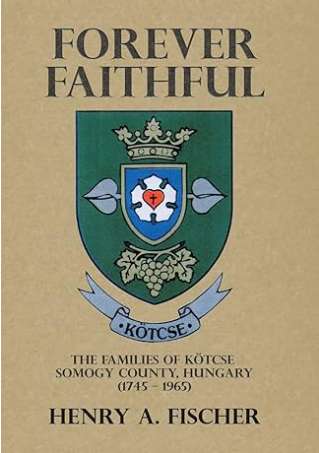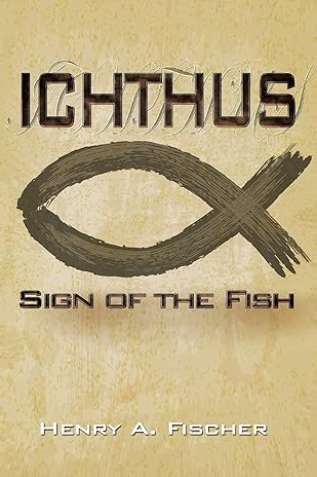by Henry A. Fischer (Author)
ICHTHUS: Sign of the Fish
The title itself is the Greek word for fish. The sequence of the Greek letters of the word forms an acrostic for Jesus Christ Son of God Saviour used by the early Christians as a secret symbol to identify themselves to one another. The focus of this historical religious novel is the letter the Apostle Paul wrote to a slave owner named Philemon on behalf his runaway slave Onesimus. Probably one of the least read and underappreciated portions of the New Testament. It is Onesimus’ story which becomes the vehicle to explore and discover the dynamics of the life, expansion and early history of the Christian faith and its development, using the best of biblical scholarship as well as historical research. From his capture as a youngster by the Romans along the Rhine frontier following the defeat of the Chatti tribe and his subsequent separation from his mother who is sent to Rome, he is taken to the East to be sold into slavery in Ephesus in the province of Asia. But in his leave taking from his mother she gives him her amber amulet that bears the crude outline of a fish, the symbol of their clan to remember her and in turn he vows that someday he will find her. In the years that follow he grows up and serves in the household of Philemon, a wealthy estate owner in Laodecia and establishes a quixotic relationship with his young master Archippus that has a long lasting effect on his life that becomes ruptured and eventually leads Onesimus to risk to run away in search of his mother in Rome. That search becomes central for what follows and his eventual encounter with the Apostle Paul. His search for his mother is also a search for his own identity and the meaning of his life in the midst of a society in which he is an outsider, fugitive and very much alone. Unknown to him he is on a spiritual quest despite being devoid of any need or attraction to the religiosity of his time. All of this becomes a preparation for the “good news” of the crucified risen Christ and a coming Kingdom that meets the needs and longings of his search. It turns out to be a double search in which he not only finds his mother but also enters upon a new life that will lead to his return to his former master, leaving Rachel the love of his life behind. What follows is set up against the background of the great fire of Rome and the persecution unleashed by the Emperor Nero as recorded by the Roman historian Tacitus. The final phase of Onesimus’ life and his preservation of the writings of the Apostle Paul ends with his martyrdom recorded by the Christian historian Eusebius and the rather miraculous preservation of the Letter to Philemon, “the Gospel in a nutshell.”
It is available at Barnes & Noble, Amazon, authorHOUSE, Indigo Chapters, and through other Internet Listings.

